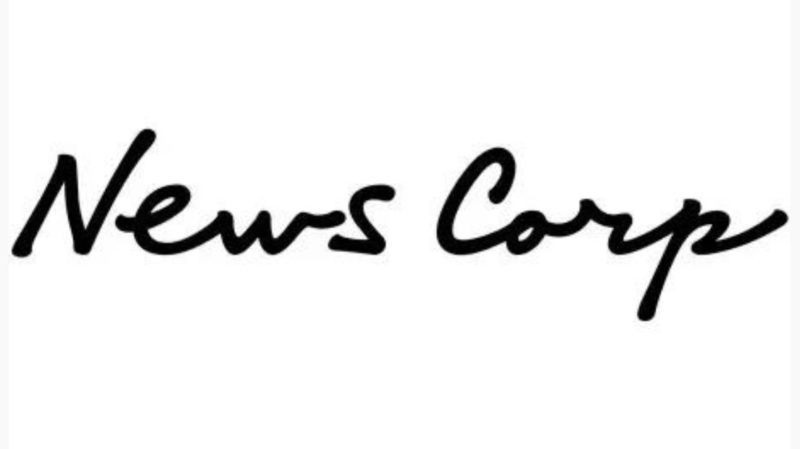Media organisations, glass houses, and ‘cancel culture’ stones
In this outtake from the Weekend Mumbo, Mumbrella’s editor Shannon Molloy reflects on the drama between Qantas, the AFR and Nine Publishing, reminiscent of 2015’s Great Media War.
The spirited defence launched by News Corp Australia of its main competitor Nine Publishing was about as unexpected as an on-time Qantas flight is these days.

It certainly wasn’t on my bingo card for this week, my first as editor of Mumbrella.

